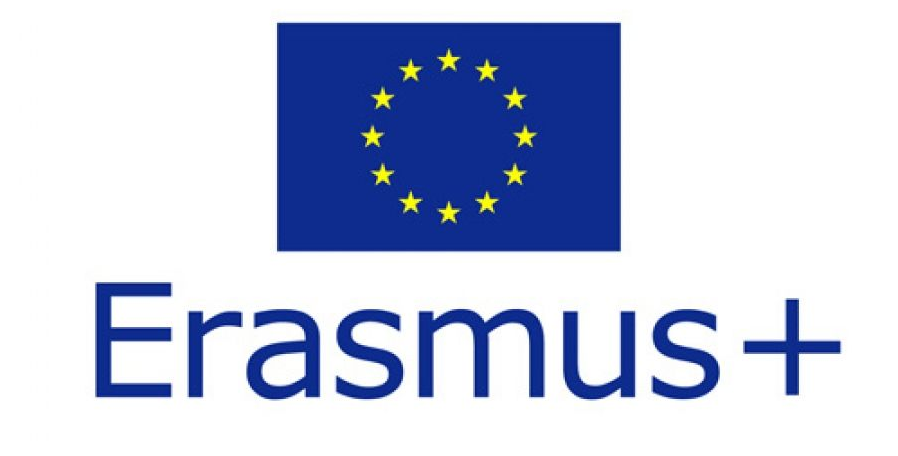
Ziel des Projektes war die Qualitätssteigerung im Bereich Zertifizierung der italienischen Sprache.
Im Rahmen dieses Projektes wurden ausgewählte Italienischlehrerinnen in Zusammenarbeit mit der Sede Centrale der Società Dante Alighieri während eines mehrtägigen Aufenthalts in Rom zu Prüfern für das Sprachzertifikat PLIDA ausgebildet. Teil des Projektes waren auch Workshops zur Vorbereitung von Schülern und Schülerinnen auf die Prüfung und ein Rahmenprogramm zur Eigenfortbildung
Il progetto finanziato da Erasmus+ è coordinato da CEBS Austria si è svolto a Roma dal 7 al 13 aprile 2019. Il progetto comprendeva un corso di aggiornamento per insegnanti PLIDA, presso la sede della Dante Alighieri di Roma, a Palazzo Firenze, con il quale le partecipanti sono state impegnate per metà di ogni giorno.
Le restanti ore sono invece state utilizzate per svolgere attività di jobshadowing, legate sia al patrimonio strettamente archeologico e artistico della città sia al suburbio romano, con le sue problematiche e difficoltà, che hanno necessità di essere conosciute da insegnanti di italiano così che possano anche essere presentate agli studenti. Le visite sono state effettuate presso gli scavi archeologici di Ostia Antica, attraverso un percorso per la Roma letteraria e la Roma dell’arte, e una visita a Tor Fiscale, una zona periferica ma centrale nella vita del suburbio romano, nonché la zona dove Pasolini girava i suoi film.
Inoltre, è stato ritenuto opportuno inserire una visita presso uno dei ristoranti più famosi e tipici di Roma, La Sora Lella, dove le partecipanti hanno potuto scoprire i piatti dell’autentica tradizione romana e vedere con i loro occhi quanto la gastronomia sia parte integrante della storia e della cultura italiana: infatti, il territorio e la tradizione millenaria di Roma non possono che generare anche questo tipo di arte, ovvero quella culinaria.
Il progetto ha riscosso un grande successo: le partecipanti erano entusiasti delle attività sia indoor che outdoor.
Le partecipanti erano: